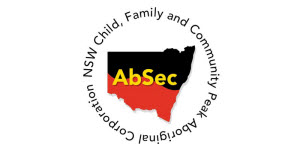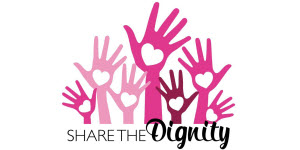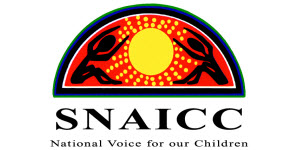Our Family Preservation program is committed to building strong, well-functioning families, by providing resources and support that educate and empower parents and children. By building on their strengths, creating confidence in their own abilities and improving their competence, we enable many families to remain safely together, or to reunite through restoration.
The Approach
Our Family Preservation team provides professional, culturally appropriate support that is child-centred and family-focused. Our caseworkers and program managers follow a trauma-informed, strengths-based program that empowers families and nurtures connection.
The Family Preservation team’s tailored support services aim to build strong, well-functioning families where children can live safe from abuse and neglect and have improved wellbeing and better physical, social, emotional and educational outcomes.

Child-centred focus
We believe in providing a holistic service that focuses on the individuality of each child or young person, with a tailored focus on their health, educational, social, cultural and emotional needs.
We offer tailored services to meet the needs of each individual child, young person or family, through:
- Case management
- In-home support
- Casework focused on parent vulnerabilities
- Structured home visiting
- Parenting programs, and
- Brokerage funding.
We accept placement referrals from the NSW Department of Communities and Justice.

Our foster care program
While family preservation is the goal of all the work we do, sometimes children and young people require out-of-home care to meet their social, emotional and behavioural needs. Our Aboriginal and Torres Strait Islander Foster Care Program is committed to placing children and young people in care situations that are appropriately matched to support their identity and self-esteem.
Learn more about our Aboriginal and Torres Strait Islander Foster Care program.
Our Foster Care Stories
Sharing the stories of our foster carers allows us to tell you about the real impact our community has. The patience, compassion and perseverance of our carers are truly inspiring, and show how we can bring tangible and positive change to the lives of children and young people in our care.

Magic moments:
Bree and Justin
With three adult children of their own, Bree and Justin felt like they had more to give as parents. Raising their own biological children was just the start. By becoming foster carers they committed to helping as many children as they could.
Read more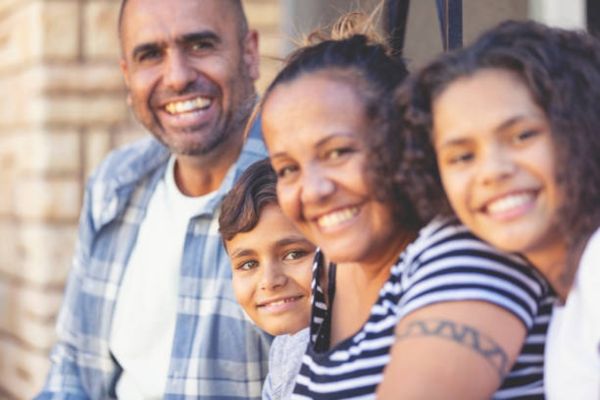
An extended family
Julie and Dean
Becoming foster carers had been on Julie and Dean’s mind for some time, but life had always got in the way. When they were in their 50s, they decided that it was the right time to open their home and provide a safe environment to kids who needed it.
Read more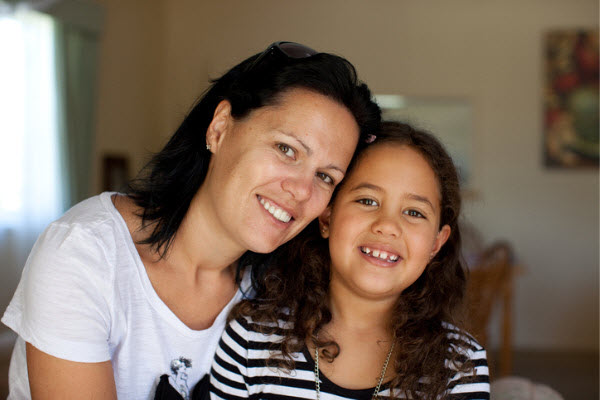
A carer by nature
Dianna
At a crossroads in her life, Dianna was deciding what to do next when her friend suggested she become a foster carer as she had always been such a wonderful mother. This simple conversation gave her the courage to become a foster carer.
Read moreSupported by





